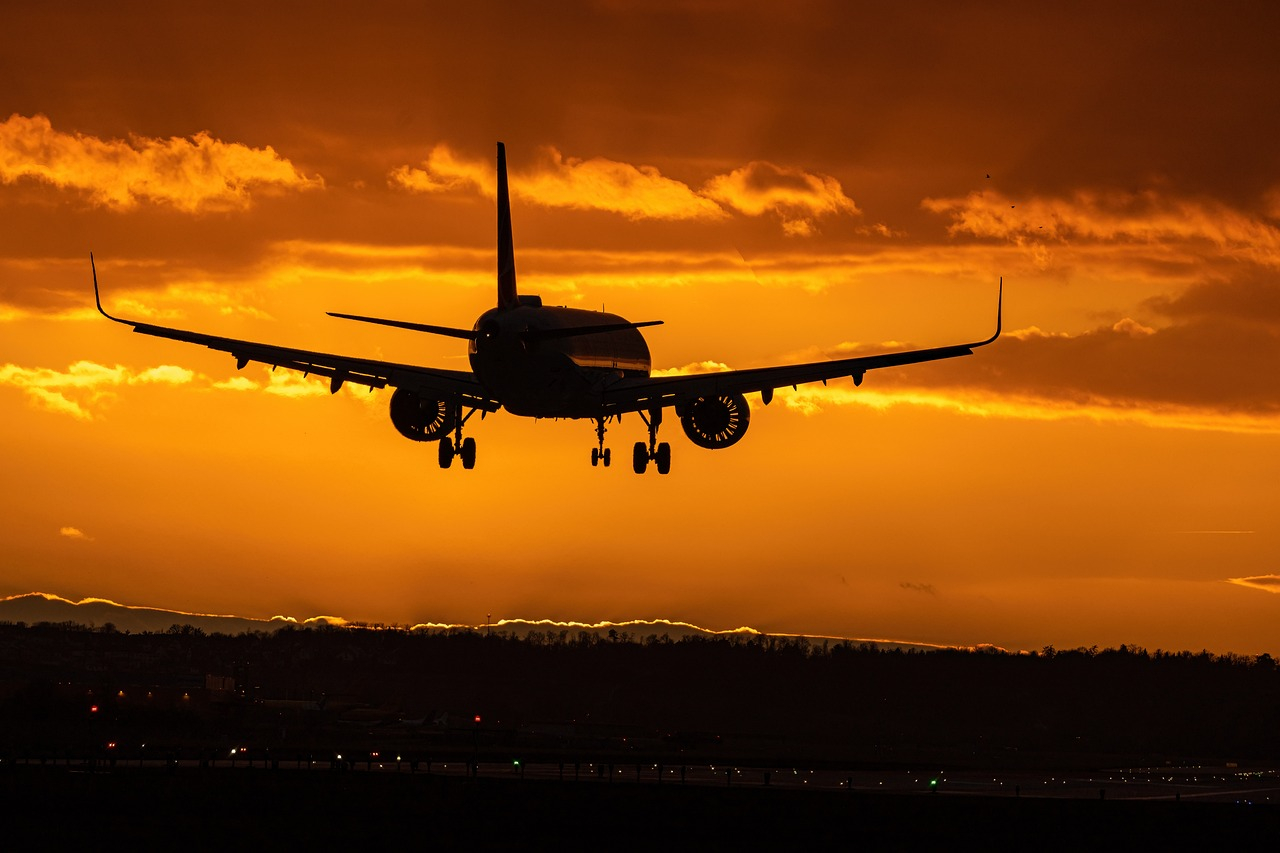The Battle to Reduce Noise
According to estimates from the national public health institute, about 259,000 people in the Netherlands suffer from "serious inconvenience" due to airplanes flying over the densely populated country. The court found that the government systematically prioritized the interests of the aviation sector over the well-being of residents living near Schiphol Airport, thus violating the European Convention on Human Rights. "The state has always prioritized the 'hub function' and the growth of Schiphol," said The Hague District Court, ordering authorities to take further actions to curb noise pollution.
What is Schiphol Doing to Reduce Noise?
In response to the ruling, Schiphol announced a series of measures aimed at reducing noise pollution. Among the proposed measures were closing the airport at night and banning the noisiest airplanes. "This will lead to a reduction in the number of people experiencing noise nuisance. In the short term, it is important to have legislation that provides clarity to both local residents and the aviation sector. That is also the judge's verdict today," Schiphol added in a statement.
Impact on the Future of Aviation
This ruling, welcomed by organizations such as The Right to Protection from Aircraft Nuisance, sets a precedent that could affect airports worldwide. "This win at Schiphol sets a precedent for airports globally. If we want to take the health of residents and the looming climate crisis seriously, we have to cap flights at airports," said Magdalena Heuwieser, a spokesperson for the Stay Grounded network.
The verdict sheds light on the need to find a balance between the development of the aviation sector and the protection of public health and the environment, posing a challenge for the industry to adapt to more sustainable operational practices

